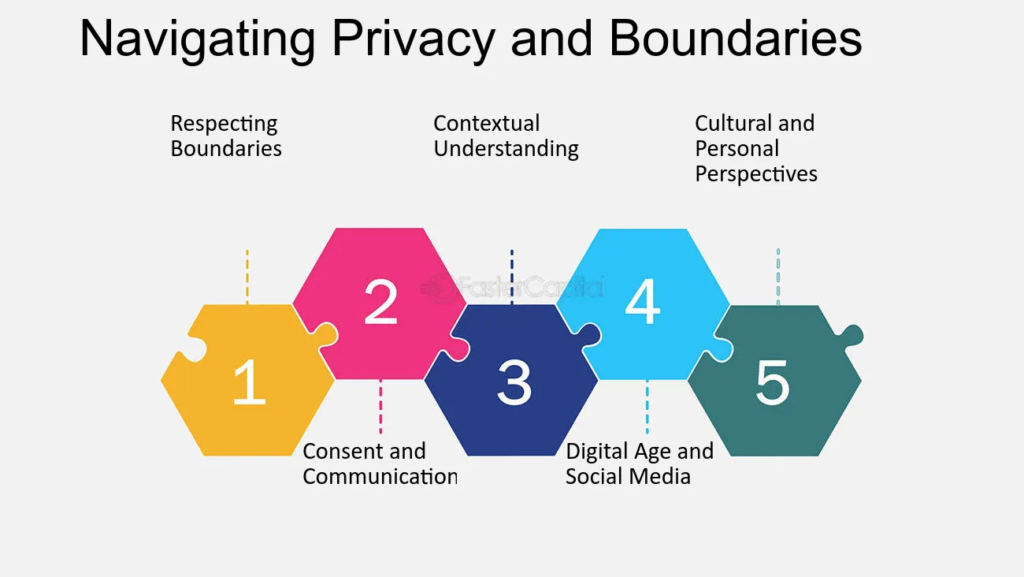Supporting your real love in the recovery journey at a halfway house can be rewarding and challenging. As family members, your role in creating a supportive environment is crucial to your loved one’s success. By offering understanding, communication, and encouragement, you can contribute positively to their journey toward sobriety and independence. Here are ten practical tips for family members of halfway house residents:
1. Educate Yourself About Halfway Houses
Understanding the Purpose: Learn about halfway house purpose and structure. Know how they aid in recovery processes by helping the residents transition into independent living.
Know the Rules and Guidelines: Make yourself conversant with the rules that govern operations at the specific halfway house where your loved one resides so that you may provide adequate support for them.
2. Foster Open Communication
Encourage Honest Dialogue: Encouraging open communication with your loved one helps them embrace and connect you with their thoughts, feelings, and experiences without fear of being condemned by you, among other things. In this way, they will feel free when expressing themselves, knowing that whatever they say will not make you angry.
Set Aside Regular Time for Communication: Establish routine check-in occasions or family gatherings where concerns, progressions, or objectives can be discussed freely, with everyone feeling free enough to share what he/she thinks or feels about whatever is brought up during that time.

3. Be Patient and Supportive
Train in Patience: Recovery is a voyage, and it does not always go smoothly. Be patient with your loved ones, considering setbacks and challenges an ordinary part of the process.
Provide Unconditional Support: Show your loved one that you are there for them in all situations. Motivate them, celebrate their achievements, and comfort them during tough times.
4. Boundaries And Respect For Privacy
Respect Their Independence: While it is necessary to aid, you must respect your dear’ loved one’s freedom needs. Overprotecting or being a busybody should be avoided, as it should allow them to take the needed responsibility on a recovery path.
Please respect Their Privacy: Refrain from prying or invasive questioning by honoring your loved one’s privacy. It’s essential to respect their personal space and boundaries so that they may share information if they so wish.
5. Learn About Addiction and Recovery
Discover More about Addiction: Acquaint yourself with addiction causes, symptoms, and treatment options in particular. Get acquainted with what addiction means so that you can better support yours through this trying period of recovery.
Stay Informed Of Recovery Resources: Be aware of the resources available to people in recovery. These may include local support groups, counseling services, and educational materials.
6. Healthy Habits
Self-Care Promotion: Help your loved one focus on self-care and positive living habits. It could involve regular exercise, eating healthy foods, getting enough sleeping time, and adapting stress management techniques.
Avoid Triggers: Identify and help your loved one avoid anything that can lead them back into addiction. Sometimes, this takes changing their environment or routines or even friends who do not support sobriety.
7. Milestones And Achievements
Recognize Progress: Commemorate any milestones, no matter how small. It can be a day of drugs, completing a program, or personal achievements—acknowledgment is notable here as it inspires.
Give Incentives and Prizes: Occasionally, you may want to reward or motivate your addicted person to keep doing what’s suitable for their good. These can range from unique outings to tokens of appreciation.

8. Support For Yourself
Joining Support Groups: Think about joining such groups as parent/family support group meetings for persons struggling with addiction disorders. Here, individuals share lessons learned together with getting necessary care from others who are treading similar paths.
Therapy Options: This means individual therapy sessions or family counseling, which help in feelings acknowledgment, non-violent dialogue, and teaching ways of overcoming problems involved in assisting a person during the recovery stage.
9. Realistic Expectations
Expectation Management: You should set realistic expectations regarding your loved one’s journey to recovery. Please be mindful of slow progression and relapses, but if patience persists alongside supportive measures, there will undoubtedly be changes for betterment.
Not Perfectionism But Progress Orientation: Instead of trying to do everything ideally simultaneously, aiming for gradual progress and development is necessary. Celebrate the small victories along the way and recognize your recovery with ups and downs.
10. Their Recovery Is Your Commitment
Consistency in your dealings: Support your loved one’s sobriety even when things seem difficult or they relapse. Being there all the time for them to lean on helps them on their road to sanity.
Never Stop Trying: Keep supporting them, as recovery is a lifelong event they’ll need help with. During tough times, still believe in your loved one’s potential to overcome obstacles and stay sober always.
By recognizing and adapting these tips and tricks, you can easily create a supportive environment that empowers your loved one to overcome the obstacles in recovery with confidence and resilience.
Choosing A New Life Sober Living House For Sobriety In Florida
Are you ready to help your loved one recover? Call A New Life Sober Living today and learn about our transitional housing program options. We can create a supportive environment that fosters healing, growth, and lasting sobriety.






